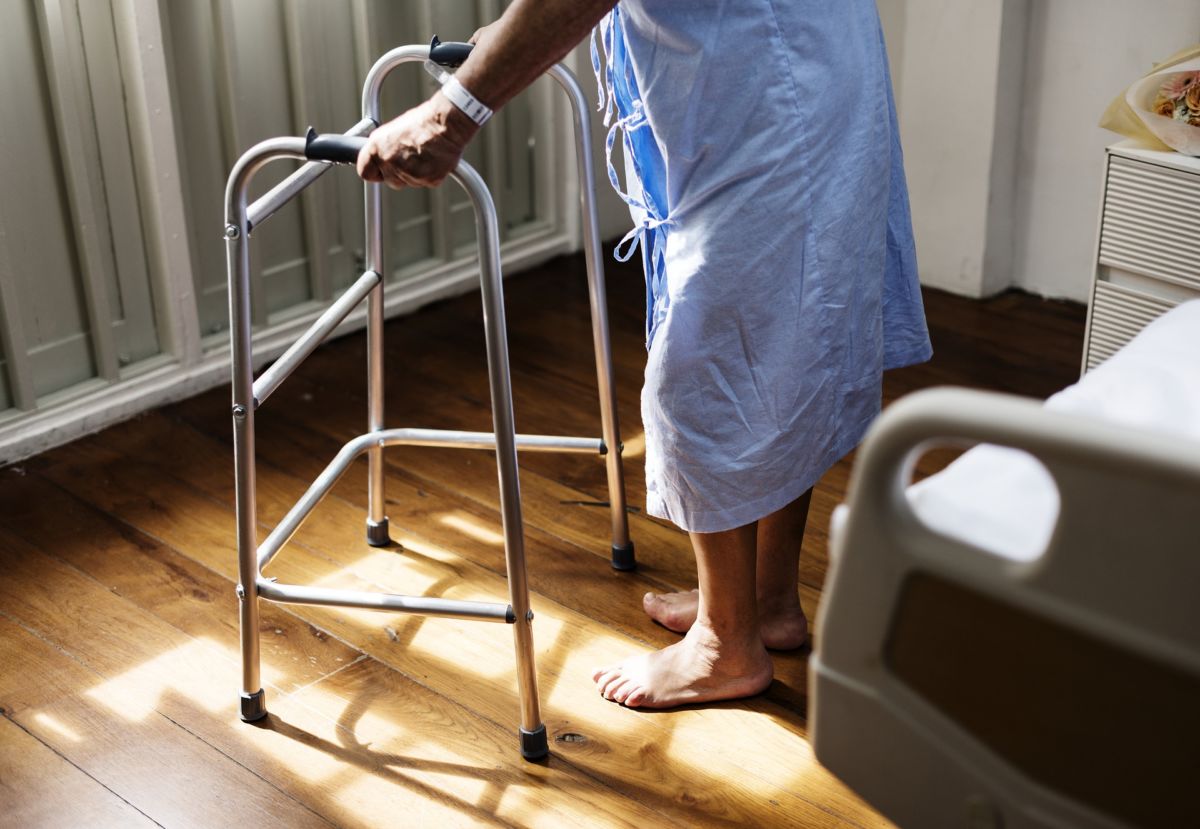Support justice-driven, accurate and transparent news — make a quick donation to Truthout today!
In 2035, the year seniors are projected to outnumber children in the U.S. population, I predict we’ll look back and credit Washington activists for being on the forefront of tackling America’s elder care crisis. On May 13, the state became the first in the nation to adopt a social insurance program for long-term care benefits.
“This is a huge victory for organizing and people power, for care and caregiving, and for older adults and people with disabilities,” said Josephine Kalipeni, Director of Policy and Federal Affairs for Caring Across Generations, one of more than 20 groups that formed Washingtonians for a Responsible Future to push the path-breaking legislation.
It was also a coup for Washington Governor and presidential candidate Jay Inslee. In the primary debates, he’ll now be able to claim some credit for action on a burning issue for older and disabled Americans and the people who care for them.
Federal lawmakers who’ve thrown their hats in the presidential ring will not be able to claim concrete victories, but eight of the 11 have endorsed “Medicare for All” bills that include coverage for long-term services and supports. These benefits include assistance with daily activities, such as eating, bathing, preparing meals, and housekeeping, whether provided by nursing homes, professional home care workers, or a family caregiver.
Among the presidential candidates who are sitting senators, Cory Booker, Kirsten Gillibrand, Kamala Harris, and Elizabeth Warren have all endorsed the Bernie Sanders Medicare for All plan. Before he recently reintroduced the legislation, Sanders added long-term care coverage. Three contenders on the House side — Tulsi Gabbard, Tim Ryan, and Eric Swalwell — have endorsed a similar bill. Senators Amy Klobuchar and Mike Bennet and Rep. Seth Moulton have not yet endorsed a far-reaching Medicare reform plan.
Without bold change, we’ll continue to limp along with our broken long-term care financing system. Medicare does not currently cover home care or nursing facility care. The level and accessibility of Medicaid coverage varies by state, and to qualify, you have to meet poverty criteria, including having less than $2,000 in assets.
So what do people do? For the richest 1%, there’s a growing market for luxury care communities. Vi Living, for example, has 10 facilities across the country that feature 24-hour valets, gourmet meals, indoor pools, and other amenities. At their Palo Alto development, entrance fees run as high as $6.5 million.
Most families obviously can’t afford that. Even typical out of pocket costs for professional home care, which run about $46,000 per year, are often out of reach. And so many people who need care rely on family members, primarily women.
An estimated 60 percent of unpaid caregivers in the United States are female, and they pay much higher economic costs for taking on this role than their male counterparts. Twelve percent of female caregivers wind up giving up their paid jobs, compared to just 3 percent of males. Sixteen percent of female caregivers who keep working outside the home shift to less demanding positions, compared to 6 percent of males.
Even with support from family and friends, the lack of a strong long-term care system leaves many elderly and disabled Americans suffer with severely reduced quality of life. One survey found that nearly 60 percent of seniors with seriously compromised mobility weren’t able to get out of their house, 25 percent said they often remained in bed, and 20 percent went without getting dressed.
The new Washington state program will use a paycheck deduction of 58 cents out of every $100 in income to pay for care in people’s homes or nursing facilities, as well as other services like wheelchair ramps and rides to the doctor. Starting in 2025, eligible participants will receive up to $100 per day, with a lifetime maximum benefit of $36,500.
Caring Across Generations, a national campaign co-chaired by Jobs With Justice and the National Domestic Workers Alliance, had already notched a long-term care victory in Hawaii. While not an insurance trust like the Washington state model, the Kapuna Caregivers program, launched in 2017, provides subsidies of $70 per day for people who are both taking care of family members and working outside the home at least 30 hours a week. The funds can be used for services for the elderly, including professional home care.
Now Caring Across Generations aims to help build campaigns in more states for Washington-style insurance programs, as a way to help build momentum for federal reform. As Kalipeni put it, “One state down, 49 to go!”
A terrifying moment. We appeal for your support.
In the last weeks, we have witnessed an authoritarian assault on communities in Minnesota and across the nation.
The need for truthful, grassroots reporting is urgent at this cataclysmic historical moment. Yet, Trump-aligned billionaires and other allies have taken over many legacy media outlets — the culmination of a decades-long campaign to place control of the narrative into the hands of the political right.
We refuse to let Trump’s blatant propaganda machine go unchecked. Untethered to corporate ownership or advertisers, Truthout remains fearless in our reporting and our determination to use journalism as a tool for justice.
But we need your help just to fund our basic expenses. Over 80 percent of Truthout’s funding comes from small individual donations from our community of readers, and over a third of our total budget is supported by recurring monthly donors.
Truthout has launched a fundraiser, and we have a goal to add 231 new monthly donors in the next 48 hours. Whether you can make a small monthly donation or a larger one-time gift, Truthout only works with your support.
